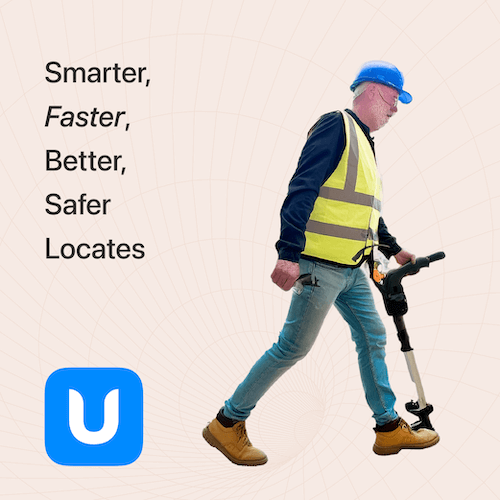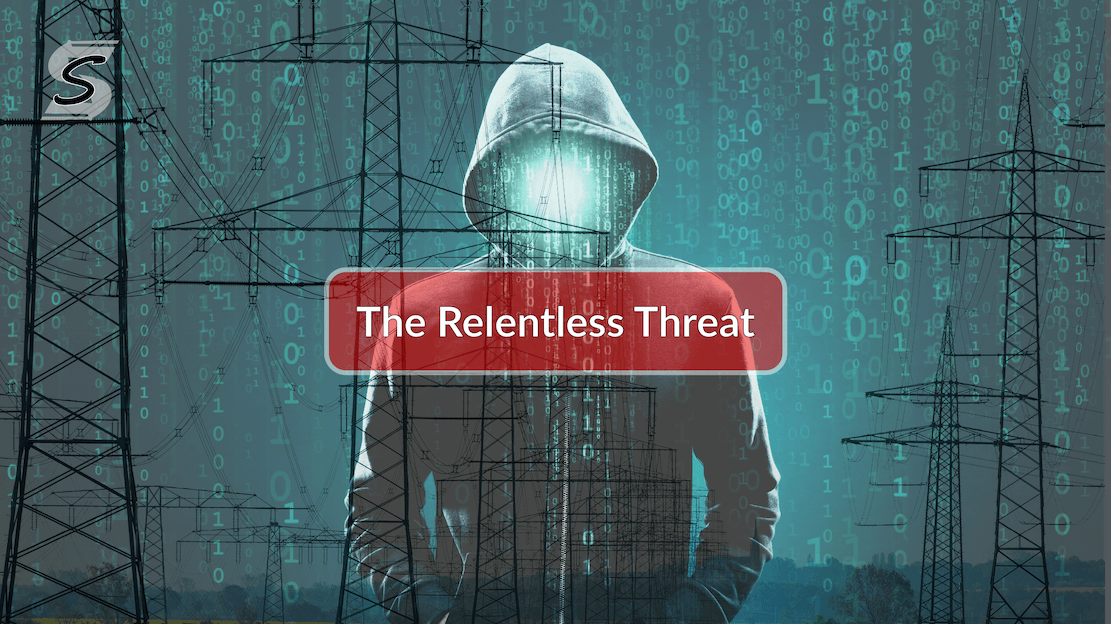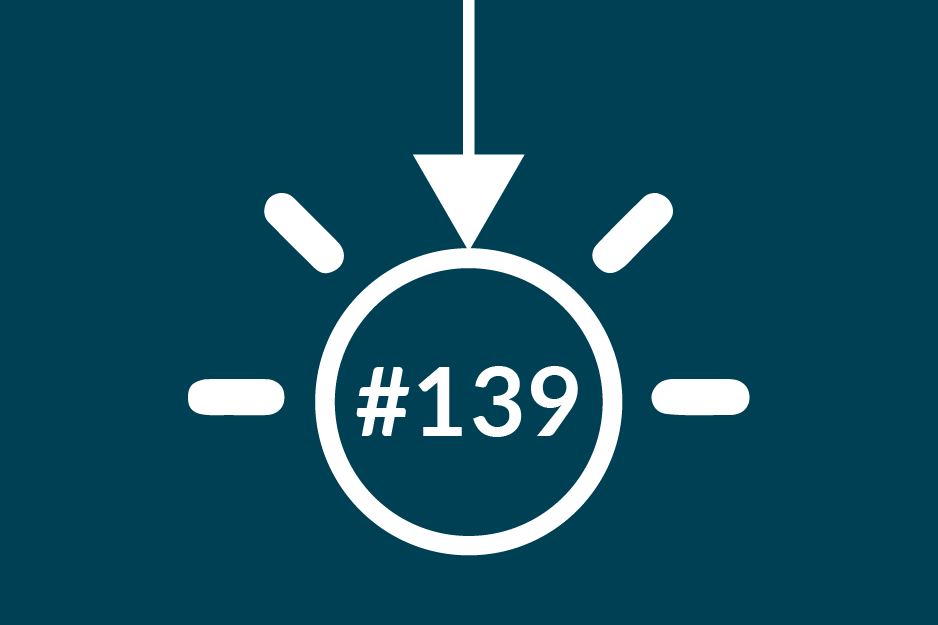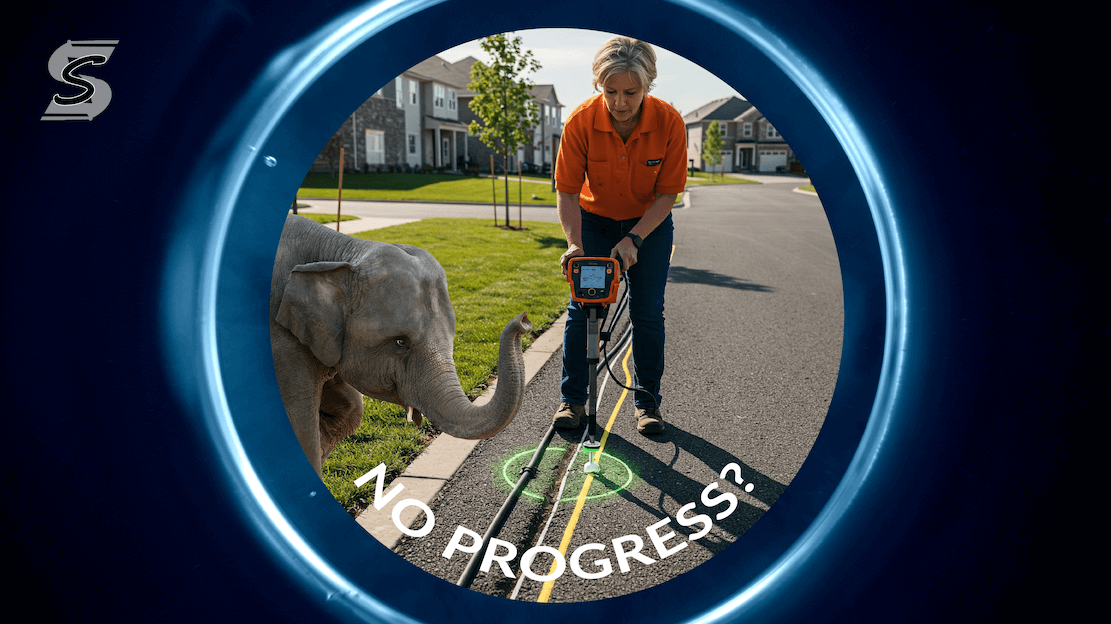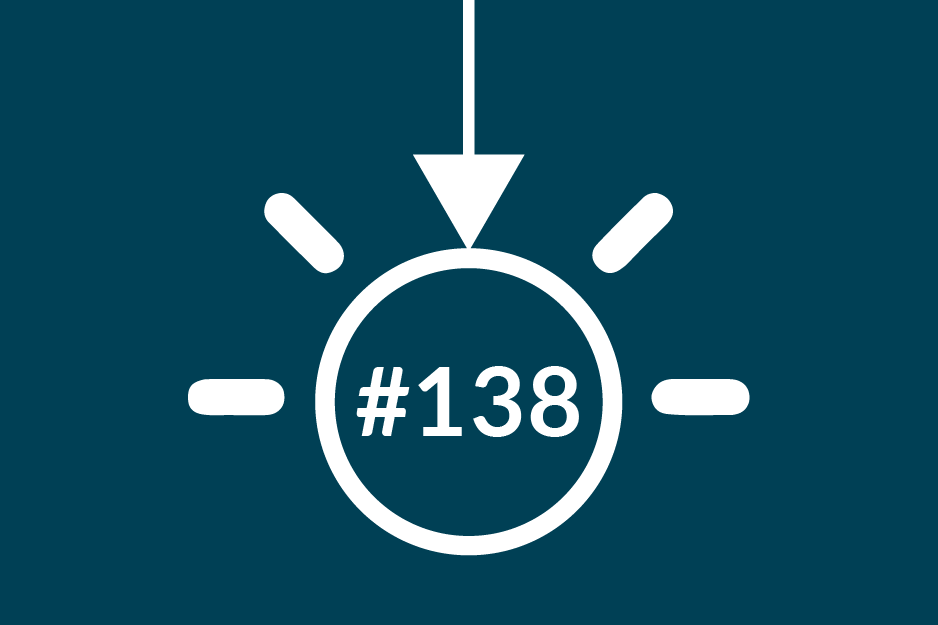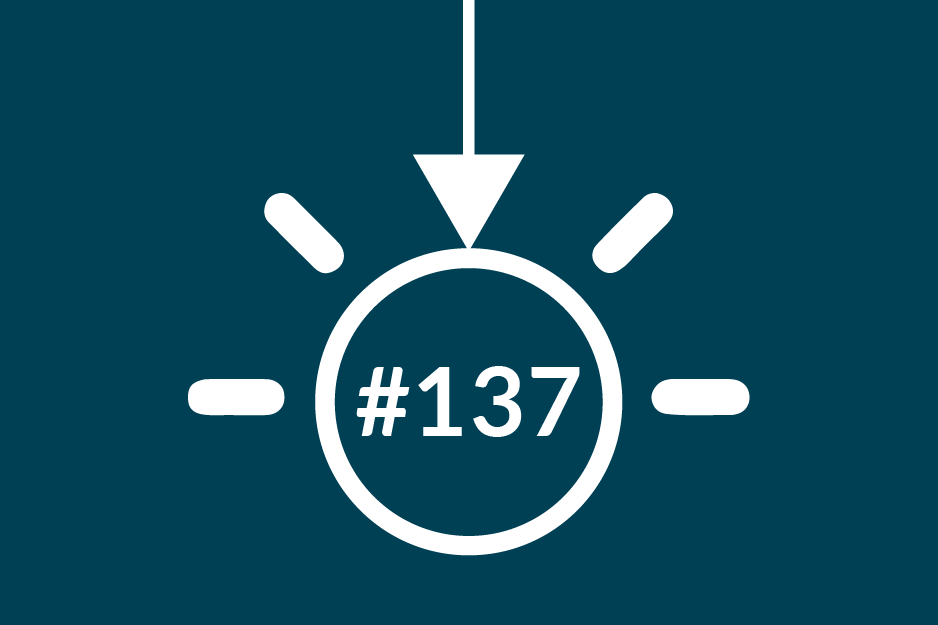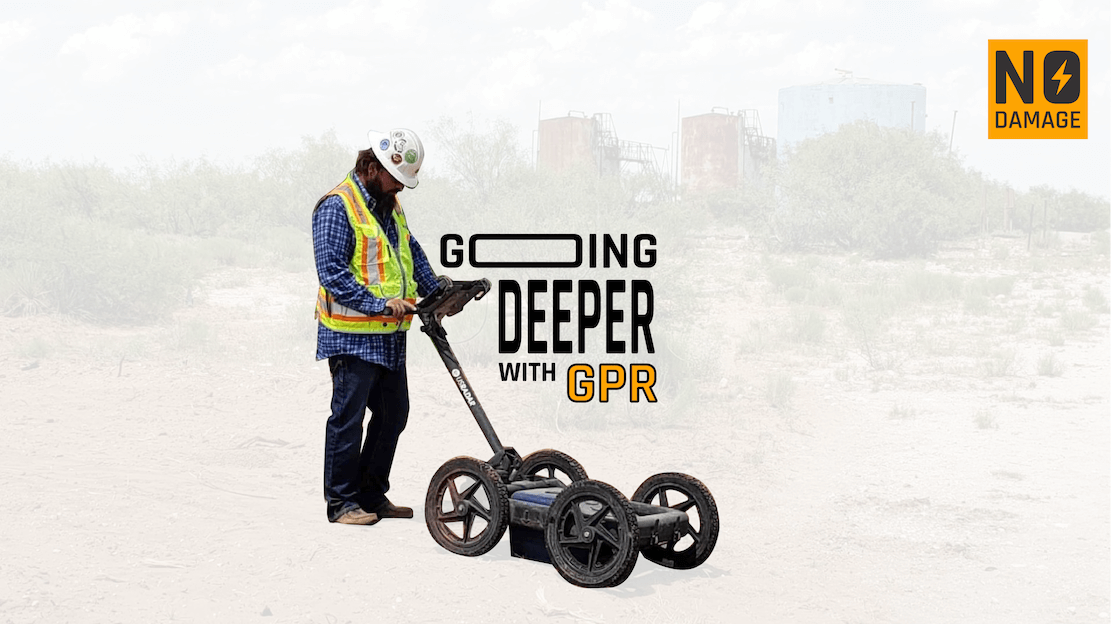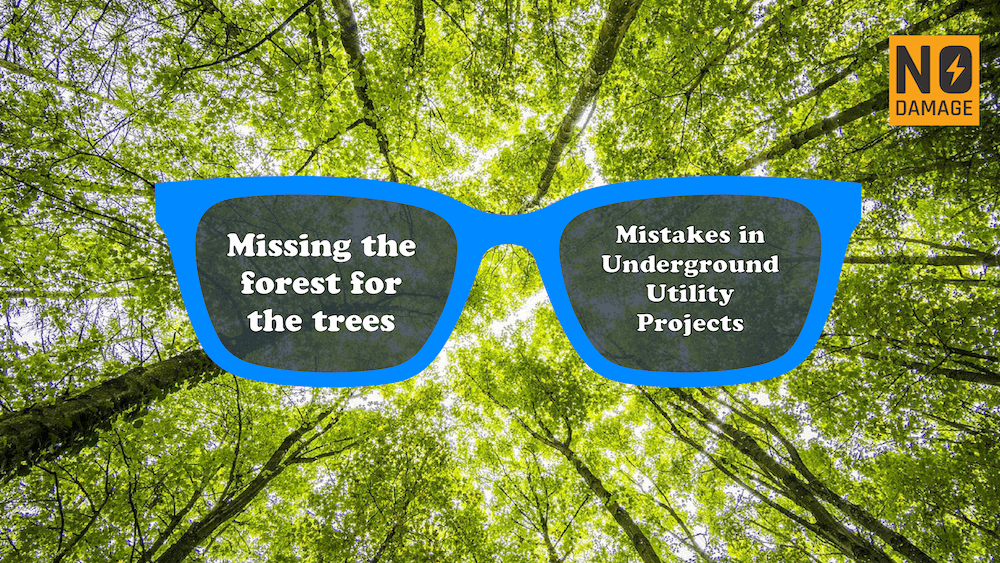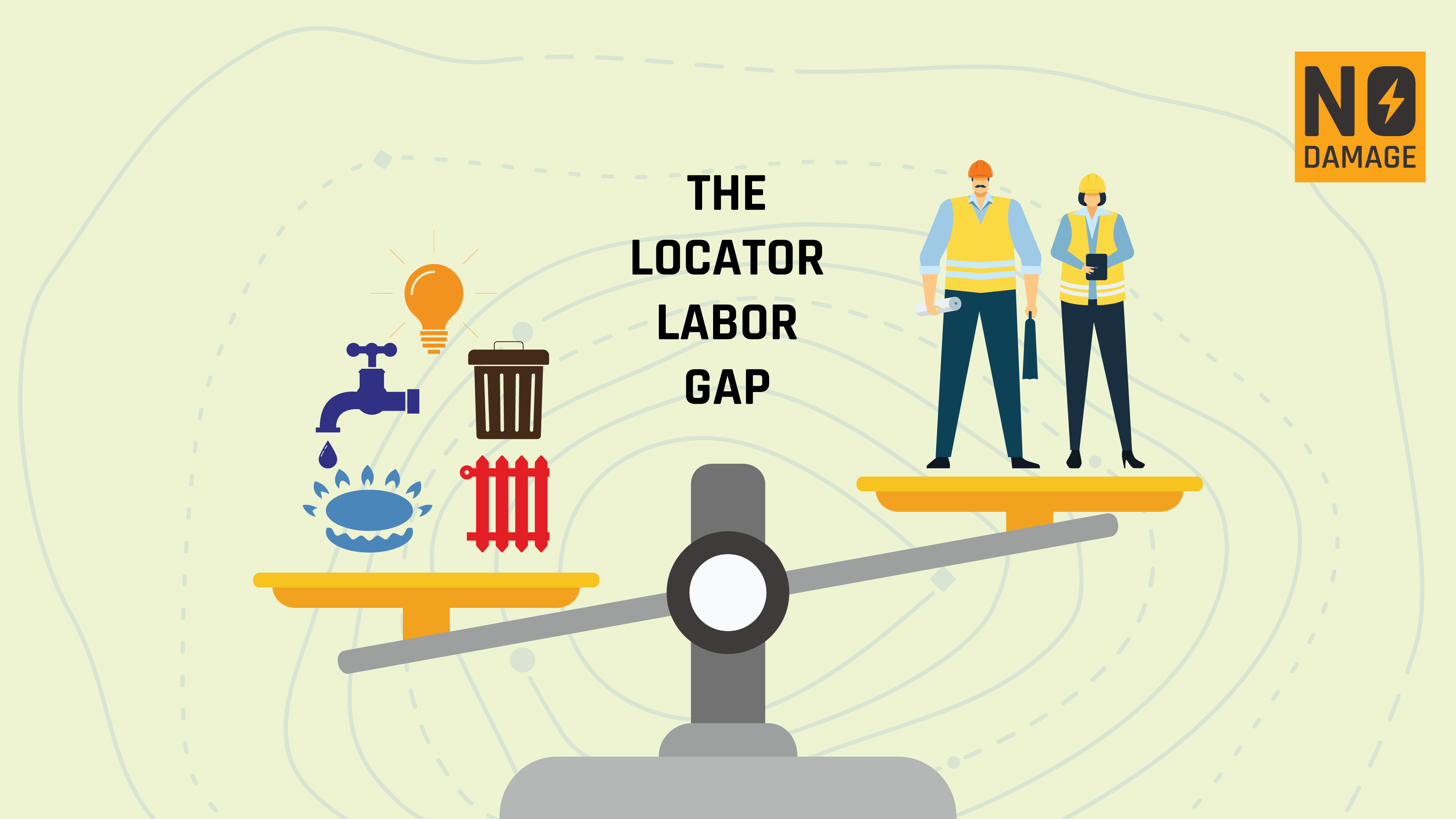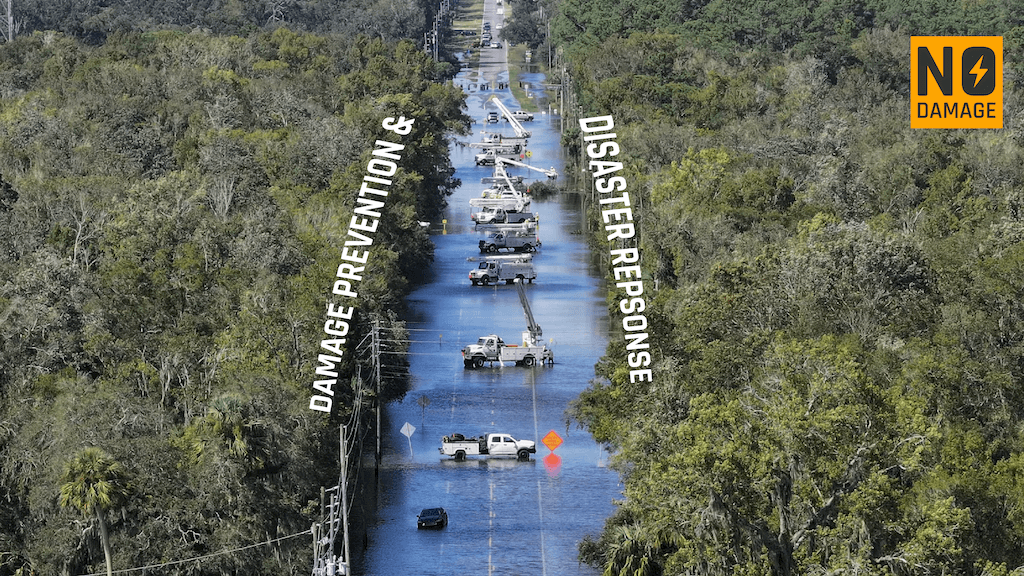
As someone deeply involved in damage prevention, I cannot emphasize enough the crucial role locators play in safeguarding construction and excavation projects by identifying and marking underground utilities. To continually enhance operations and reduce damages, I think you should consider implementing some or all of the following improvements:
- Technology integration: Adopt advanced technologies such as ground-penetrating radar (GPR), ticket management systems (TMS), electromagnetic locators, GIS (Geographic Information System), and GPS tracking of vehicles to enhance the accuracy and efficiency of utility locating processes. Some ticket management systems like Utilocate have the ability to pull in data from these other technologies and that allows you to have more control and transparency throughout your
- Training and certification: Ensure that all technicians undergo comprehensive training and obtain relevant certifications to enhance their expertise in utility locating. This can improve the quality of their work and reduce the chances of errors. Mike Parilac from Staking University has been working on a certification program to do just this.
- Quality control procedures: Implement strict quality control procedures to double-check the accuracy of utility markings and minimize the risk of mistakes or omissions. One way of doing QC is with completion details within your TMS forcing locators to take photos on site of their markings, and not allowing them to complete a ticket without agreeing that they've done specific tasks. We've done this with a few different clients and it has significantly helped with damage disputes also.
- Data management: Implement a robust data management system to store, organize, and retrieve utility information efficiently. This will also help in future reference and analysis.
- Communication and coordination: Improve communication channels with clients, construction teams, and other stakeholders involved in the project to ensure everyone is aware of the utility locating activities and can plan their work accordingly. A couple of ways we've done this is by automatically sending excavators a PDF with locate details when tickets are completed. Internally we've also got text and phone alerts for emergencies. Anything we can do to improve communication is worthwhile.
- Early engagement in projects: Encourage project managers to involve utility locating companies at the planning stages of construction projects to identify potential utility conflicts early on and avoid costly delays and disruptions.Some of this will overlap with SUE practices, but it's worthwhile working together.
- Mobile applications:Providing apps for field technicians to streamline data collection, improve real-time reporting, and enhance overall productivity is a no brainer. Whether it's a TMS like Utilocate, or a field collector app like ESRIs, empowering your locators in the field to complete their work remotely is only going to help.
- Safety protocols: Prioritize safety by providing adequate training and equipment to field technicians, ensuring they follow proper safety protocols while working on-site.
- Collaboration with utility owners: Collaborate with utility owners and operators to share and access utility records, which can lead to more accurate utility locating results.
- Public awareness campaigns: Launch public awareness campaigns to educate communities and construction teams about the importance of utility locating and how they can assist in the process.
By implementing these operational improvements, locators can enhance their efficiency, accuracy, and overall service quality, leading to safer and more successful construction and excavation projects.
Share this Post
